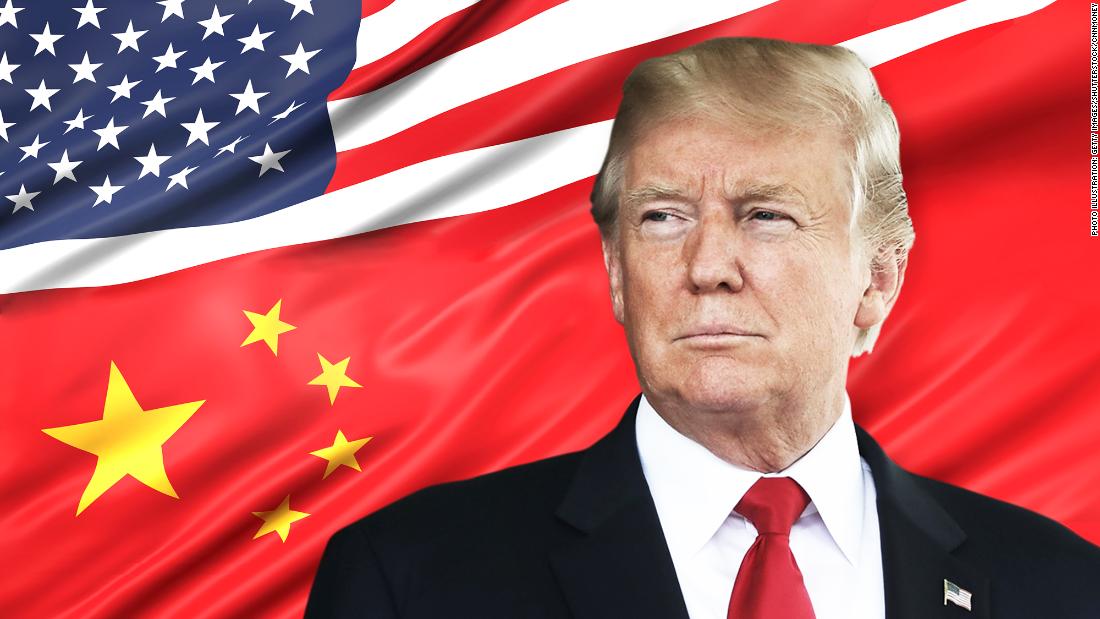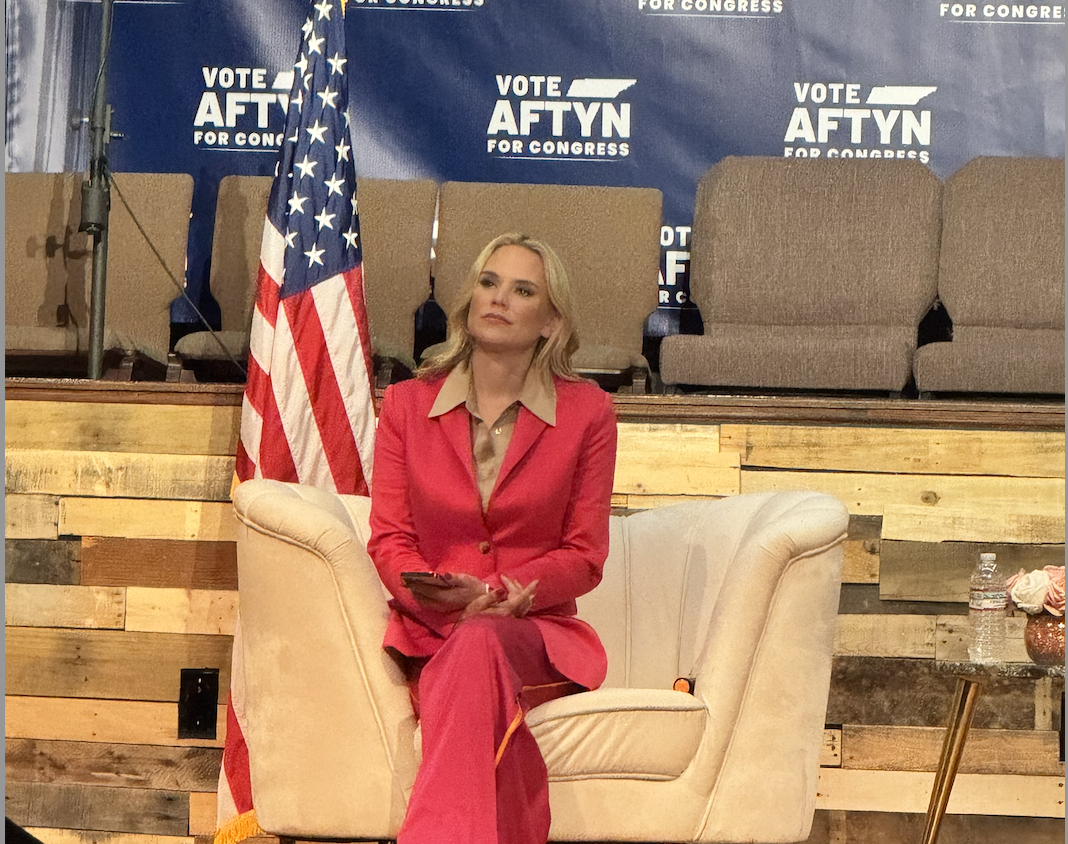President Donald Trump is sharply escalating the American trade war with China.
The United States will impose a 10 percent tariff later this month on $200 billion worth of Chinese goods, increasing to 25 percent at the end of the year, the Trump administration announced Monday.
The additional tariffs are on top of penalties enacted earlier this year on $50 billion worth of Chinese goods. Taken together, it means roughly half of the products that China sells to the United States each year will be hit by American tariffs.
In July, the administration published a list of thousands of products that would be subject to the latest round of trade penalties. More than 300 products were removed from that list — including smartwatches, health and safety devices and children’s playpens.
Trump had urged his advisers to press forward with the $200 billion round, even as Washington and Beijing worked to restart trade talks. Trump’s decision threatens to upend the possibility of a diplomatic breakthrough with Chinese negotiators.
“China has had many opportunities to fully address our concerns,” Trump said in a statement released Monday evening by the White House. “Once again, I urge China’s leaders to take swift action to end their country’s unfair trade practices.”
Trump also threatened to inflict more economic pain in the form of additional tariffs if Beijing takes any retaliatory action.
Treasury Secretary Steven Mnuchin had invited the negotiators to Washington this week to resume talks. But China said it would turn down the offer if the United States went ahead with more tariffs.
“We stand ready to negotiate with China anytime if they are willing to engage in serious talks,” said Larry Kudlow, the White House economic adviser, said earlier in the day at the Economic Club of New York.
Earlier Monday, Trump previewed the announcement at the White House: “It will be a lot of money coming into the coffers of the United States of America. A lot of money coming in,” he said.
In remarks from the Roosevelt Room, he said he was confident an agreement could eventually be reached with China, but stressed such an accord must do right by American workers.
“They want to make a deal,” Trump said. “But from our standpoint, it has to be fair. It has to take care of our workers.”
The tariffs are meant to punish China for alleged unfair trade practices, including intellectual property theft. China has accused the United States of trade bullying and, to this point, has responded dollar-for-dollar with tariffs of its own.
The new round of American tariffs takes effect Sept. 24.
US trade officials held public hearings in late August on the proposed escalation, hearing from dozens of American businesses hoping to be exempted. Businesses will be scouring the final list to find out whether their appeals were heard.
In a letter to the US trade representative, Dell, Cisco, Juniper Networks and Hewlett Packard Enterprise said that tariffs on of their networking equipment could hurt their bottom lines and lead to possible US job losses.
But despite their lobbying efforts, some of those products will remain on the tariff list. While consumer electronic products were generally removed, network and router items will be covered by the tariffs, senior administration officials said on a call with reporters Monday.
The U.S. Chamber of Commerce criticized the tariffs, saying Monday that the decision “makes clear that the administration did not heed the numerous warnings from American consumers and businesses.”
“Both countries should stay at the negotiating table, and the U.S. should continue working with its allies to seek alternative solutions,” president and CEO Thomas Donohue said in a statement.
“The new tariffs are bad news for the retail sector,” said Neil Saunders, managing director at GlobalData Retail, a consulting firm. He said companies will be forced to choose between raising prices on goods or absorbing the hit to their profit margins.
Saunders predicted that some retailers will try to shift their production out of China, but he warned that quickly changing supply chains can be costly and pose a new set of challenges.
On the call with reporters, senior administration officials declined to comment on when talks might restart with their Chinese counterparts.
“China needs to come to the table and address the concerns that have been raised,” said a senior administration official.
They warned, however, if Beijing decides to execute its own round of tariffs on American goods, the president will unleash further measures.
“To the extent, they remain unwilling to work with us, the president has other options and those will be considered at the future time,” said a senior administration official.
Trump has floated the idea of slapping a third round of tariffs on $267 billion in goods on China.









